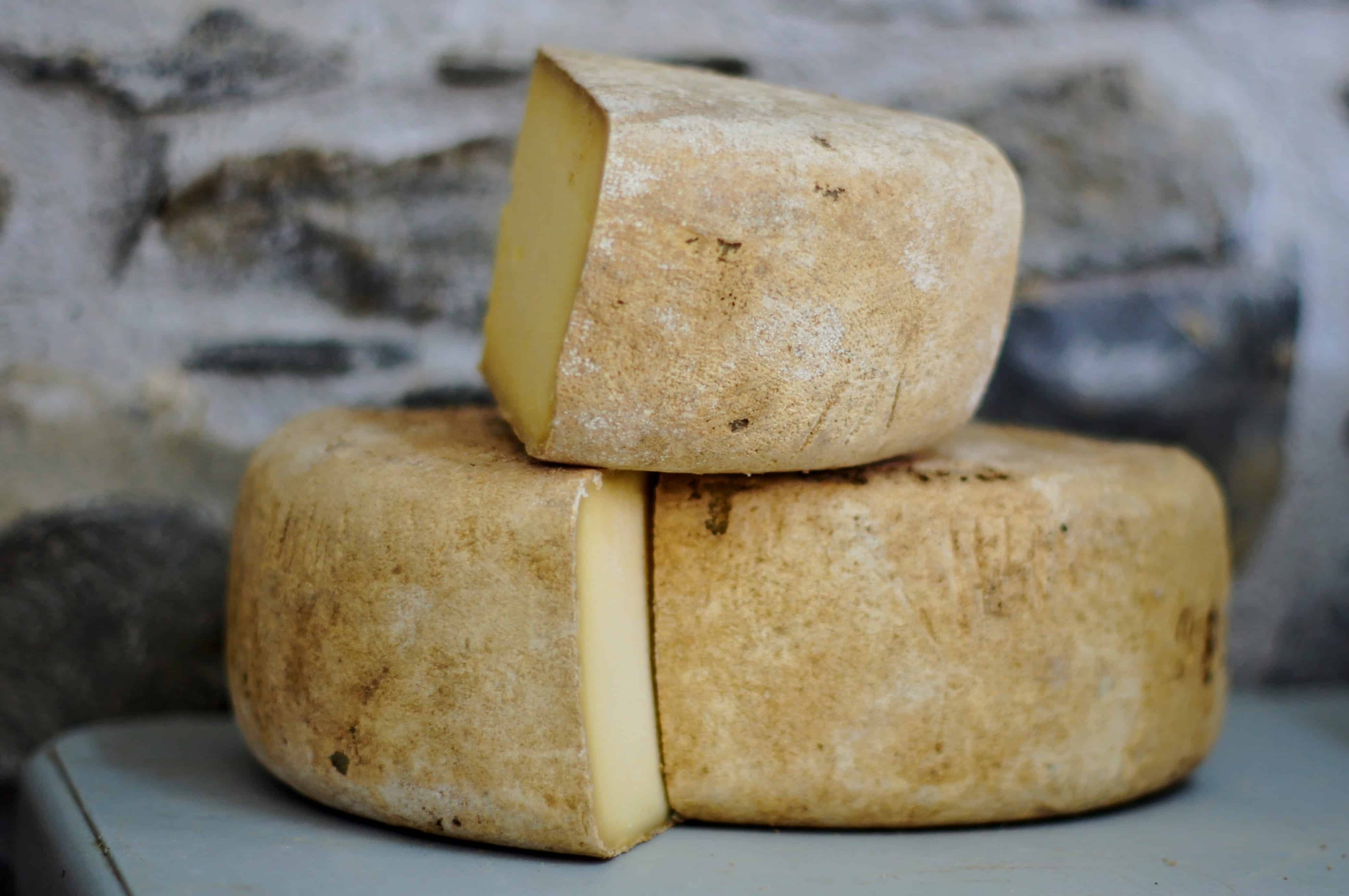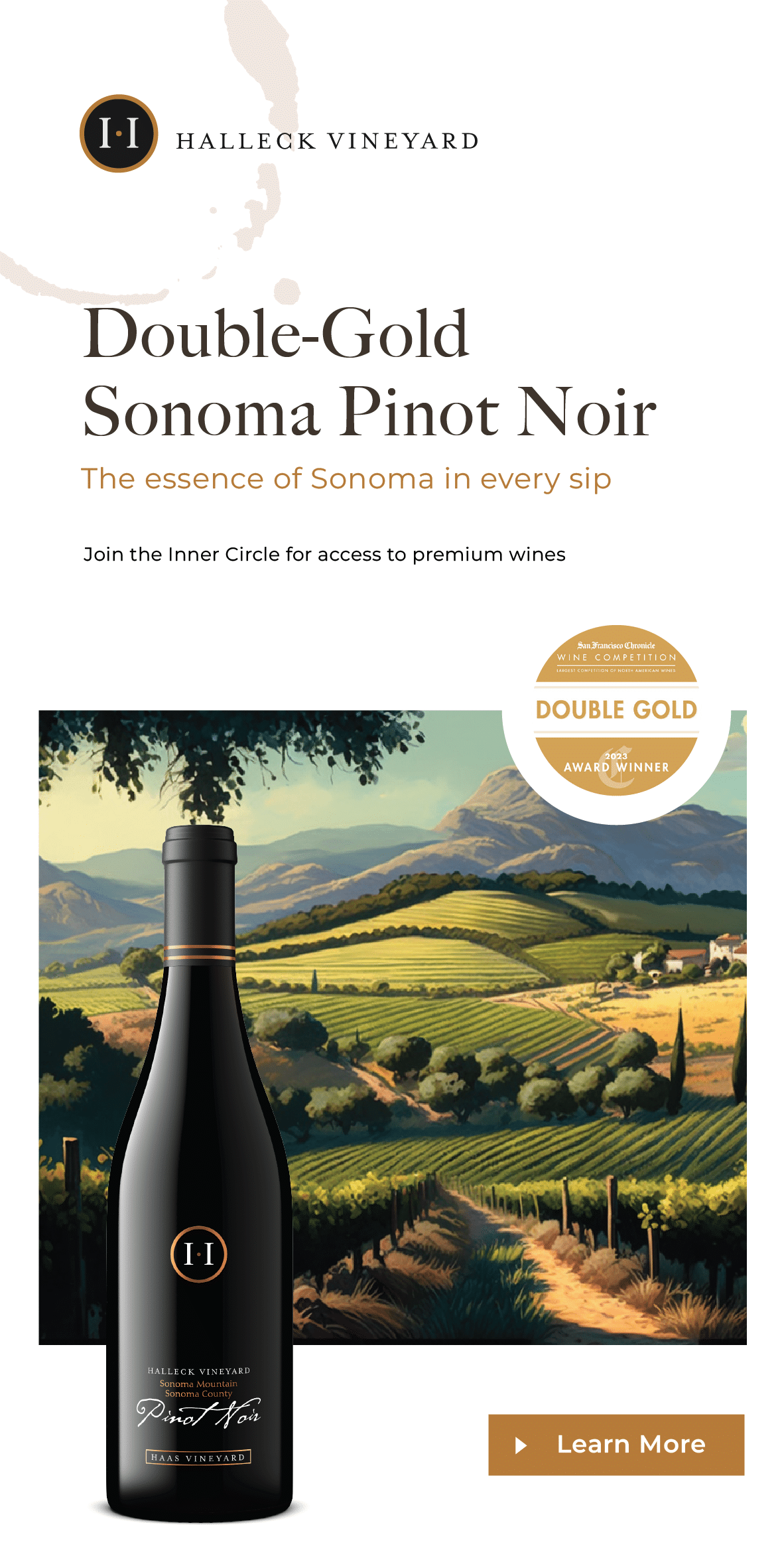Upcoming Wine Festivals In Sonoma County - Wineries Near Sebastopol For Tasting
Upcoming Wine Festivals In Sonoma County - Wineries Near Sebastopol For Tasting
Blog Article
Wineries Offering Private Events - Sebastopol Wine Country
Wine tasting is often thought to be an art type, one that goes past merely enjoying a beverage. It embraces a posh interplay of flavors, aromas, and textures that requires dedicated practice to actually master. Many who enterprise into the world of wine tasting quickly understand that it involves far more than just sipping wine. Enhancing sensory skills through devoted winery wine tasting can elevate the experience, transforming an informal ingesting occasion into a classy exploration of the senses.
At a fundamental stage, wine tasting engages the senses of sight, scent, style, touch, and even sound. Every component plays a vital role in appreciating the nuances of a wine. When one first pours a glass of wine, the wealthy hues can provide preliminary insights into its age and varietal. Observing the color and readability helps kind expectations in regards to the wine's flavor profile. Many don’t absolutely appreciate how this visual evaluation can set the stage for what is to observe.
The next step is to interact the sense of scent. Swirling the glass aerates the wine, permitting its risky compounds to flee and fill the air with its bouquet. The nose entails some fascinating layers—different aromas can signal numerous features of the winemaking course of, together with the type of grapes used, fermentation strategies, and growing older conditions. Creating a eager sense of odor can be a game-changer in wine tasting.
Wineries Producing Pinot Noir And Chardonnay - Sebastopol Vineyard Experiences
To improve this sensory skill, wine enthusiasts are sometimes encouraged to take part in dedicated tastings at wineries. These tastings allow people to focus solely on the sensory experience (Family-Oriented Wine Tasting Venues In Sebastopol). Tasting sessions led by educated sommeliers or winemakers can offer insights into figuring out distinct aromas. Learning to distinguish between floral, fruity, earthy, and spicy notes can empower a taster to articulate their experience with higher precision.
As one practices their sensory abilities, they could discover that their taste preferences evolve. This transformation often happens after multiple tastings. A wine that initially appeared overwhelming might reveal hidden layers of complexity with a little bit of experience. Understanding tips on how to isolate particular person flavors similar to acidity, sweetness, bitterness, and umami contributes substantially to the general wine experience.
One Other essential factor in bettering sensory skills is the context in which wine is tasted. Environmental factors like temperature, lighting, and even the corporate present can affect perceptions. At a winery, an optimal setting can scale back distractions and allow a more profound exploration of the wine (Wineries That Offer Dog Friendly Areas). Training mindful tasting techniques encourages a extra immersive experience, allowing tasters to hone in on their senses.
It is not solely about particular person perception, although. Engaging with others throughout a tasting can even enhance sensory skills. Sharing notes and discussing impressions fosters a deeper understanding of the wine. This collaborative method encourages participants to articulate their sensory experiences, thereby broadening their linguistic repertoire associated to wine tasting.
Historical Wineries To Visit In Sonoma - Family-Owned Wineries In Sonoma
Additionally, pairing wine with food can considerably enhance the tasting experience. Different combos can deliver out unique flavors in both the wine and the dish. As one tastes a wine alongside explicit foods, they can begin to acknowledge how sure components in the wine complement or distinction with what they're eating. This skill of pairing is hop over to here one other layer that enriches sensory improvement.
Training one’s palate can contain a wide range of exercises. Some enthusiasts engage in systematic tasting experiences, sampling a spread of wines that showcase totally different varietals, regions, or vintages. Exploring this range can sharpen the power to discern nuances across completely different wine profiles. Over time, this practice builds a mental library of flavors that may be accessed throughout future tastings.
Notably, written notes serve a dual function: organizing one’s ideas and reinforcing reminiscence. By writing down observations about each wine, tasters can monitor their progress over time. Detailing the traits of wines assists in solidifying information, in the end deepening one’s appreciation of what they consume.
Furthermore, attending workshops or classes targeted on sensory evaluation may also be beneficial. Many wineries offer these instructional applications to assist people refine their skills. Typically, trained instructors guide participants by way of structured tastings, specializing in specific parts of the wine. This level of education reinforces the sensory skills asynchronously and challenges tasters to consider their experiences from completely different angles.
Wineries Providing Guided Vineyard Walks - Sonoma Wine Region Vineyards

Over time, the commitment to improving sensory skills by way of dedicated winery wine tasting can yield important rewards. The enjoyment derived from wine turns into layered and multifaceted. No longer restricted to a easy choice for "purple" or "white," tasters begin to understand the tales behind every pour. They cultivate a palette able to navigating the complicated landscape of flavors with confidence.
In conclusion, the journey of enhancing sensory skills via devoted winery wine tasting is as rewarding as it is gratifying. It requires focus, dedication, and a willingness to learn, however the outcomes far exceed the initial effort. By participating a quantity of senses and participating in thoughtful discussions, people not solely become more proficient at identifying flavors but additionally develop a deeper appreciation for the craftsmanship behind each bottle. The course of transforms wine from a mere beverage into a wealthy tapestry of sensory exploration that beckons enthusiasts to delve deeper. As skills improve, so too does the enjoyment, enriching life experiences one sip at a time.
Wineries With Estate-Grown Grapes - Discovering Sonoma Area Wineries
- Participating the palate via diverse wine varieties enhances the ability to differentiate flavors and aromas, refining general sensory perception.
- Participating in guided tastings promotes focused consideration on refined characteristics of each wine, nurturing important tasting skills.
- Studying to identify specific grape varieties fosters a deeper understanding of terroir, which aids in recognizing regional flavor profiles.
- Incorporating food pairings during tastings can heighten sensory consciousness, as different tastes can influence one another and alter perceptions.
- Practicing the art of swirling and nosing wines permits individuals to connect olfactory cues with style, bettering the ability to articulate sensory experiences.
- Attending workshops that emphasize blind tastings trains individuals to rely purely on their senses quite than preconceived notions, enhancing objectivity.
- Elevating sensory skills can lead to higher wine choice abilities, empowering individuals to make informed decisions based on personal preferences.
- Partaking with educated sommeliers provides insights into wine-making processes, which deepens sensory appreciation and enhances vocabulary for describing wines.
- Regular participation in tastings encourages memory growth of flavors and aromas, aiding in the formation of a personalised sensory profile over time.
- Sharing tasting experiences with friends fosters dialogue, selling communal learning that can enhance individual sensory skills through collaboration.undefinedWhat is the aim of bettering sensory skills via wine tasting?

Bettering sensory skills via wine tasting allows people to reinforce their ability to establish and respect the various aromas, flavors, and textures of wine. This heightened sensory consciousness can lead to a deeper understanding of wine and an overall enriched tasting experience.
Wine Tasting Experiences With Local Cheese - Wineries For Casual Tastings In Sonoma
How can I develop my sensory skills at a winery?
You can develop your sensory skills at a winery by collaborating in guided tasting periods that focus on specific varietals. Engage with knowledgeable staff who can provide insights and encourage you to click reference take notes in your impressions, enhancing each your observational and descriptive skills.
What ought to I anticipate during a dedicated wine tasting experience?
Best Wineries For Wine Tasting In Sonoma - Scenic Wineries Of Sebastopol
During a dedicated wine tasting experience, expect to sample a selection of wines while receiving targeted education about every one. You Will study concerning the winemaking course of, tasting techniques, and tips on how to discern completely different sensory traits, all in a relaxed setting.
Is prior information of wine essential to benefit from a sensory skills workshop?
- Eco-Friendly Wineries In Sonoma County
No prior data of wine is necessary; the workshops are designed for all levels of experience. Novices will find useful data to build from, while seasoned tasters can refine their skills and broaden their palate even further.
How do sensory skills influence my total wine appreciation?
Wineries Offering Educational Wine Seminars - Wine Tasting Activities In Sebastopol
Improving sensory skills considerably enhances your overall wine appreciation by permitting you to determine subtleties and complexities in wines. This deeper understanding enriches your tasting experience and helps you make informed alternatives based mostly on personal preferences.
Are there specific techniques I ought to use while tasting wine to enhance my sensory skills?
Wineries Promoting Sustainable Farming - Best Winery In Sonoma For Quality Wine
Sure, using techniques such as the "SWOT" technique (Sight, Swirl, Odor, Sip, Savor) can be beneficial. Pay attention to the wine's look, aromatics, and mouthfeel, and take your time with every sip to totally discover the flavors and sensations.
What type of wines are usually included in sensory skills tastings?
Sometimes, sensory skills tastings include quite so much of wines that showcase different areas, varietals, and styles. This range helps participants determine distinct characteristics and enhances their capability to distinguish between wines.
Can sensory skills workshops be personalized to my tasting interests?
Charming Wineries With Views In Sonoma Valley - Best Winery In Sonoma For Quality Wine
Many wineries provide personalized choices for sensory skills workshops, allowing you to give attention to specific kinds of wines or themes that interest you, corresponding to organic wines or unique regional offerings. It Is finest to inquire immediately with the winery for tailored experiences.
Is there a way to practice sensory skills after leaving the winery?
Sure, you can practice your sensory skills at home by tasting completely different wines and preserving a tasting journal. Experimenting with numerous food pairings and aromatics can further enhance your understanding of how flavors interact, reinforcing the abilities gained on the winery. Report this page